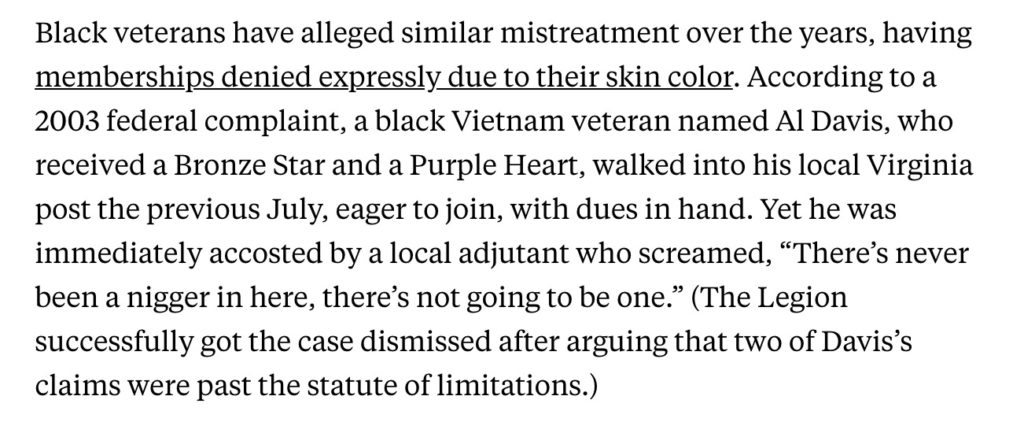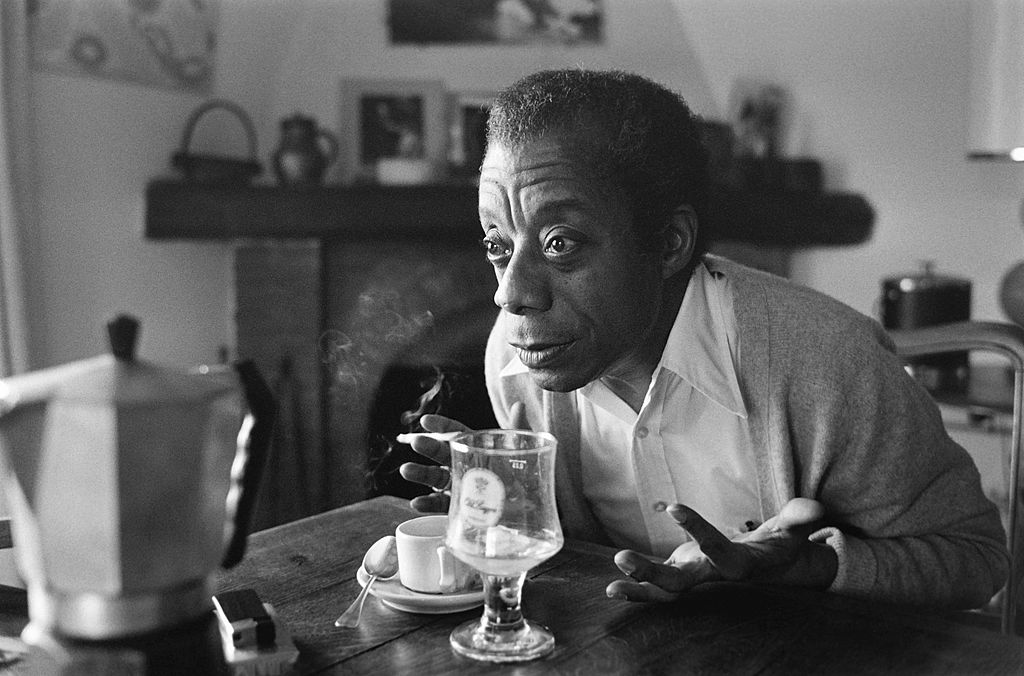John ‘Rick’ MacArthur, the president of Harper’s, is one of those old-fashioned cats on the American left who think that journalism should be lively, provocative, interesting to read. He doesn’t think that the purpose of all writing is to treat every reader as a vile racist who must be reeducated through endless hectoring. That makes him a heretic, of course, in New York media circles, so the knives must come out.
Somebody called Ryu Spaeth, a school-hall monitor manqué who’s had to settle for the less elevated role of features editor at the New Republic, has decided that enough is enough. ‘John R. MacArthur is a disgrace,’ his latest article declares.
A disgrace! Oh dear, what has Rick done now? Ryu is upset, or at least pretending to be, about MacArthur’s ‘Publisher’s Note’ column, which he regards as an affront to journalistic decency. Ryu is particularly offended, or at least pretending to be, at Rick’s latest effort, which is about the now disgraced journalist Donald McNeil Jr, who was dismissed from the New York Times for having said the N-word in a conversation with students. McNeil, a prizewinning science writer, insists he used the word not as a slur, but as information as part of a discussion about racism. That wasn’t good enough. Students complained about feeling uncomfortable and he had to go.
MacArthur has also written about the McNeil saga for The Spectator here. As a publisher himself, he believes that, when it comes to the use of language, context and intention matter. MacArthur objected to the fact that the Times declared (then retracted) that intent is irrelevant when it comes to the N-word. In making his case, MacArthur himself uses the dreaded word in quote marks:
‘Regrettably, the Times’s dismissal of the journalist Donald McNeil Jr — for the crime of having uttered the word “nigger” in front of some high school students more than a year ago, during a trip to Peru organized by the newspaper — isn’t a scandal glamorous enough to arouse a level of interest equivalent to the persecution of Émile Zola in the late 19th-century for defending Captain Alfred Dreyfus.’
To Ryu Spaeth (the spelling is real, people) this is a cardinal sin.
‘Indeed,’ he writes, indeed, ‘intent does matter, and MacArthur’s intent in using the word is clear. It is flung at the reader as a provocation — in quote marks, but unobscured in any way.’ Would Mr Ryu prefer the quote marks removed? Would that obscure the word more? It’s hard to say. But if Ryu objects so much to the sight of the dreaded word in quotes, he might want to ask why his own publication, the N-word Republic, published the slur, unadulterated, no less than three times last year. Here:



Cockburn doesn’t believe his job is to censor. He makes no judgment as to whether the word has been used appropriately in those contexts. But it seems a bit rich for Spaeth to berate others for doing exactly what his publication does. ‘MacArthur uses this hateful and disgusting word precisely in a hateful and disgusting way: to flaunt his scorn of the whole notion that a Black person or anyone else might object to its usage,’ he says. Motes and beams, Ryu, motes and beams.
‘Are we really to believe MacArthur’s use of the word is innocent?’ asks Spaeth. Well, in a sane world, we are, since to any fair-minded reader it ought to be clear that MacArthur has no desire to insult black people. But in Spaeth’s loony universe he is ‘a white man of inherited privilege’ using the N-word ‘to taunt and denigrate the very people who have cause to be hurt by it’.
‘Are there any limits to what a person can write?’ asks Ryu, in pompous conclusion. ‘I genuinely would like to know.’ He has to say genuinely there because the rest of his piece is such obvious deceitful cant. Still, the answer to his question is no, there are no limits. You can publish any hateful and disgusting crap in a left-of-center American magazine so long as your intent is to condemn a privileged white male for being ‘hateful and disgusting’.

























